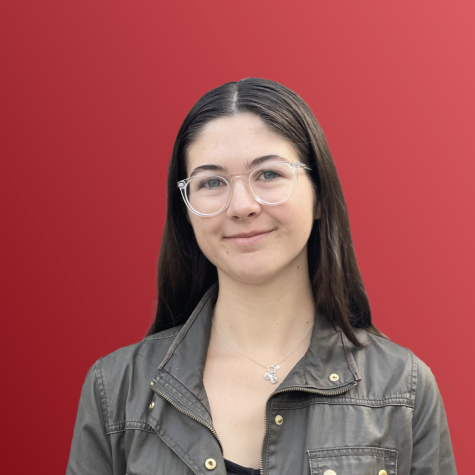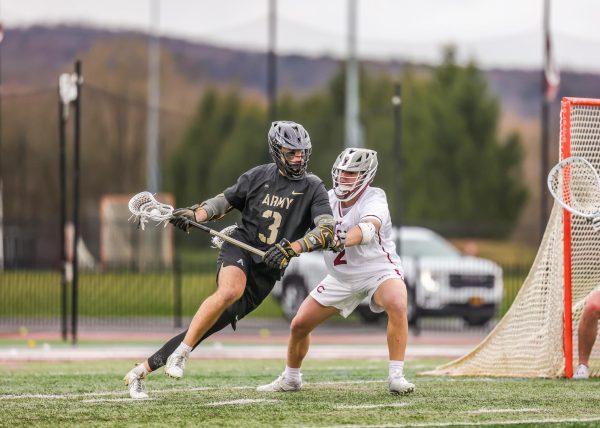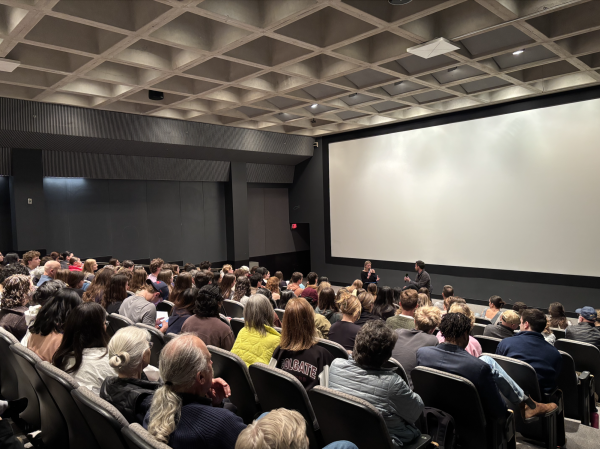Linda Tseng
Linda Tseng, Assistant Professor of Environmental Studies and Physics, was trained in neither physics nor in environmental studies. She was trained as an engineer. Her focus? Water.
Tseng became interested in water while living in California.
“The Colorado River dried up after we built the Hoover Dam,” Tseng said. “We all sucked the water away. Colorado, Nevada, Arizona and California, they all sucked the water away. By the time the water gets into Mexico, it just is not there. Their fish industry was destroyed, and I wanted to do something to help that situation.”
The urge to “do something” was a driving factor when Tseng was deciding on her academic pursuits as well.
“What I really wanted to do is to actually do something. I feel like science is just like studying a problem, but to actually implement it is more engineering, and so that’s what I went into,” Tseng said.
Tseng then went on to study chlorofluorocarbons and their concentration in ocean layers, eventually narrowing her focus to wastewater and water quality. Specifically, Tseng has conducted research on the heightened pollution of water after storms as well as the presence of nanoparticles and microplastics in the environment.
“I wanted to know how microplastics are impacting the environment in terms of what kind of things they can release into the environment and what kind of things can be retained on them,” Tseng said.
She also studies water quality in rural areas, focussing on the presence of prescribed, illicit, abused and recreational drugs in the water.
“Even if you have water, the quality is an issue, and, when you don’t have water, you can’t survive. I feel like water is something that connects everybody and it’s very important,” Tseng said. “We only have limited amounts of water and I just wanted to study it and make sure that we don’t abuse it.”
To Tseng, there should be a motivation to study science, technology, engineering and mathematics (STEM) subjects that extend beyond just the textbook.
“I really would like to see more [social justice issues] being connected in science classes, because that’s what motivates people,” Tseng said. “Eventually, I think it boils down to really making the world a better place… I really hope that science curriculums and math curriculums can address these issues early on.”

Josie Rozzelle is a senior from San Francisco, CA concentrating in political science with a minor in French. She has previously served as multimedia manager,...






